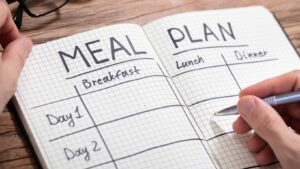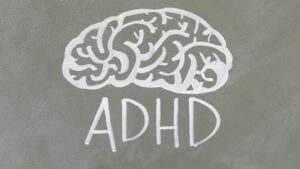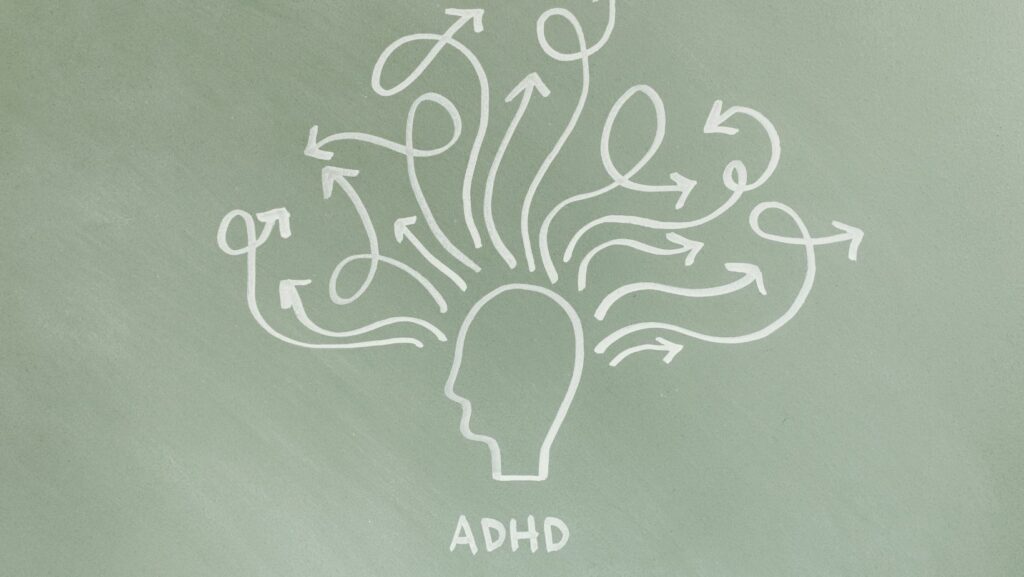Living with ADHD isn’t always easy. It’s a condition that can turn the simplest of tasks into a challenge. But what if there were effective strategies to make life smoother? Welcome to the world of ADHD lifestyle hacks. So, whether you’re dealing with ADHD yourself, or you’re supporting someone who is, you’re in the right place.
ADHD Lifestyle Hacks

ADHD, a challenge faced by many, is manageable through several lifestyle hacks. First, individuals can grip their schedule tightly, arranging routines to provide structure for daily activities – a necessity for those battling ADHD. For example, stable sleeping and eating patterns contribute significantly to symptom management.
Next, active engagement in physical activities bolsters focus. For instance, workouts or sports can ramp up concentration levels. Incorporating brain exercises into the daily regiment, such as puzzles or games, enhances mental agility. Remember, these aren’t a cure, but they do improve symptoms.
Further, personalizing the environment helps. This means de-cluttering living spaces, creating ADHD-friendly zones where distractions are minimized. For example, a quiet, orderly work area can dramatically improve productivity.
Lastly, investing in assistive tools, from apps for task management to noise-canceling headphones, can make a huge difference. Remember, it’s not about changing who you are, but about navigating life with ADHD more efficiently.
Understanding ADHD

ADHD, short for Attention Deficit Hyperactivity Disorder, represents a neurodevelopmental condition often diagnosed in childhood. Predominant symptoms include inattention, difficulty maintaining focus, hyperactivity, and impulsive behavior. Researchers believe that genetic and environmental factors contribute to it, tilting brain activity and neurotransmitter levels.
For those living with ADHD, everyday tasks become a clutter of distractions. A sudden noise, a flash of color, even a passing thought disrupts their focus. ADHD isn’t a defect, but a deviation. People with ADHD exert great mental effort accomplishing mundane tasks, often exhausting themselves.
ADHD isn’t a hurdle one leaps over, it’s a mountain one climbs, developing unique tools along the trail. ADHD lifestyle hacks, by this analogy, serve as these tools, facilitating navigation across ADHD-induced challenges. Further sections elaborate on these hacks, fostering a smooth journey for our readers on their ADHD trail. Remember, ADHD doesn’t define the person, it’s just a distinct characteristic.
Incorporating Physical Exercise in Daily Routine

Physical exercise holds a significant place in ADHD lifestyle hacks. Regular workouts, by increasing heart rate, release endorphins, often dubbed ‘feel-good hormones’. Also, physical activities help manage impulsivity by fostering discipline.
Structured routine exercises like swimming or bike riding can induce a calming effect. Additionally, teams sports that require tactics and strategy might aid in attention fostering. For instance, chess elicits focusing skills, while soccer taps on intuitive decision making.
Studies show a positive correlation between physical activities and reduced ADHD symptoms. One, published by Child Psychiatric Clinics of North America, shares three daily half-hour walks can decrease ADHD symptoms in kids by half, measured on the DuPaul ADHD Index Scale.
Conclusively, physical exercise proves beneficial in mitigating ADHD symptoms, emphasizing its incorporation in daily routines. Please note that this doesn’t substitute professional medical advice, nor a one-size-fits-all solution. Adapt the type and frequency of physical activities based on individual needs and preferences for optimal results.
The Role of Diet in Managing ADHD
While this blog post has shed light on the significance of routine, sleep, and exercise in managing ADHD, it’s also crucial to consider diet. Just as physical activity can help manage symptoms, a balanced diet can also play a pivotal role. Tailoring meals to include brain-boosting foods may offer additional benefits for those managing ADHD. It’s important to remember that everyone’s different, and what works for one person might not work for another. Therefore, it’s always recommended to seek professional advice when making significant lifestyle changes. Ultimately, managing ADHD is about finding a balance that works for the individual, and these lifestyle hacks are just tools to help achieve that balance.

